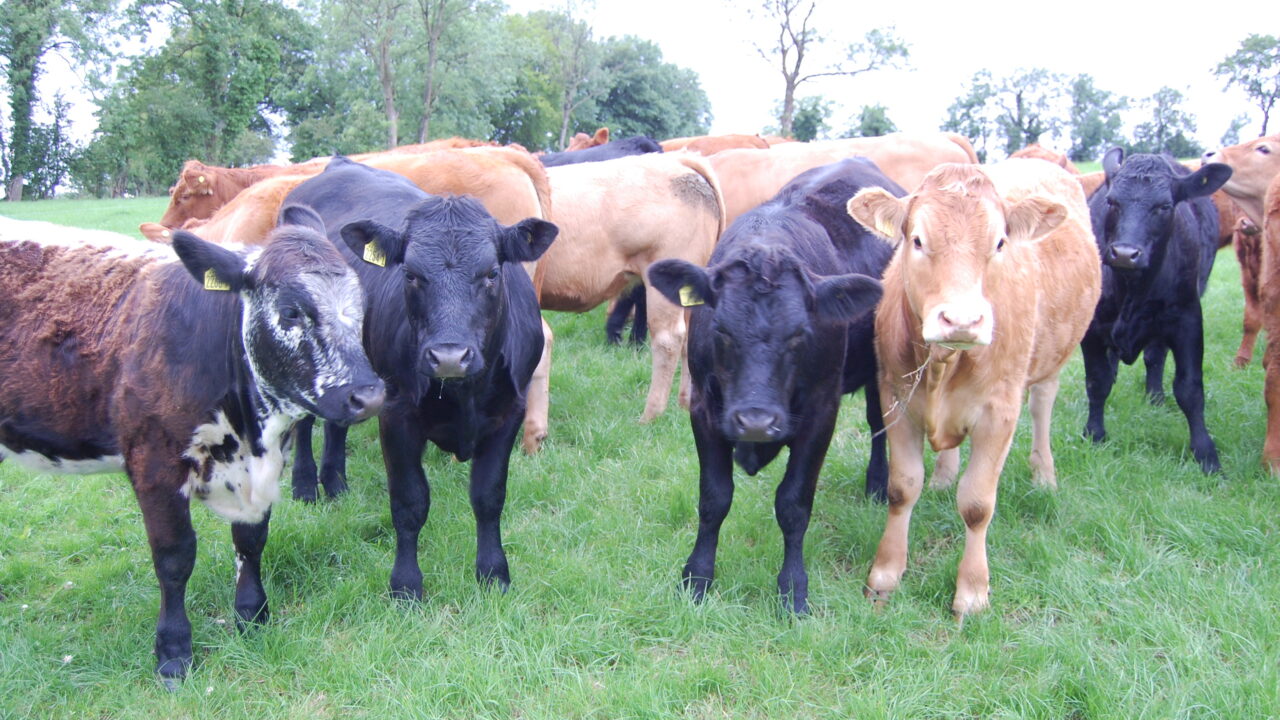There have been increasing reports of scour outbreaks and ill-thrift in cattle being linked to rumen fluke, according to Animal Health Ireland (AHI).
In the past, rumen fluke was not thought to cause major disease in cattle or sheep in Ireland but in its July newsletter, AHI’s Beef HealthCheck programme manager Natascha Meunier, said outbreaks of scour and ill-thrift are being “increasingly linked to rumen fluke, specifically the immature stage of the parasite”.
Cattle with a history of grazing low-lying, wetter areas of pasture, especially in late summer or autumn, along with clinical signs may be suggestive of rumen fluke.
This is because rumen fluke require a snail intermediate host, similar to liver fluke, that can be found in waterlogged areas.
A spike in disease can result in scours that are unresponsive to standard treatments, weight loss, low blood protein and death in severe cases.
The adult stage of the parasite is seen in the rumen (stomach) while the immature stage lives in the small intestine.
The adult stage is not usually considered to cause disease, so the presence of rumen fluke in animals that are performing well does not generally require treatment.
Rumen fluke in cattle
The rumen fluke parasite is widespread in Ireland, with rumen fluke eggs being reported in 30-40% of cattle faecal samples submitted to the Regional Veterinary Laboratories in the last number of years.
The Beef HealthCheck programme manager said that eggs are only seen if adult parasites are present. For these reasons, faecal egg counts for rumen fluke eggs are not reliable on their own for confirming a diagnosis.
A reliable way to confirm disease caused by the immature stages of the parasite is when large numbers of immature rumen fluke attached to the intestinal wall are identified at post-mortem examination, along with clinical signs.
If possible, fence off drains, ponds and watercourses, particularly during the high-risk period late in the grazing season.
Treatment
Meunier outlined that a routine treatment of rumen fluke is rarely justified unless there are clinical cases on the farm.
Farmers who have concerns should consult with their veterinary practitioner for treatment and control options.
The detection of rumen fluke eggs in faecal samples, or the detection of the adult parasite in small numbers in the rumen in the absence of any clinical signs of disease (e.g. scouring, ill-thrift), is not in itself a reason to treat.
Light infections appear to have no effect on animal health or productivity.
Most medicines that control liver fluke do not kill rumen fluke. It has been reported that the active ingredient oxyclozanide can kill immature and mature stages of the rumen fluke parasite, but the medicine has not yet been licenced in Ireland for this.
The frequency and dosage are different to that recommended for liver fluke
control so always seek veterinary advice on rumen fluke treatment.
